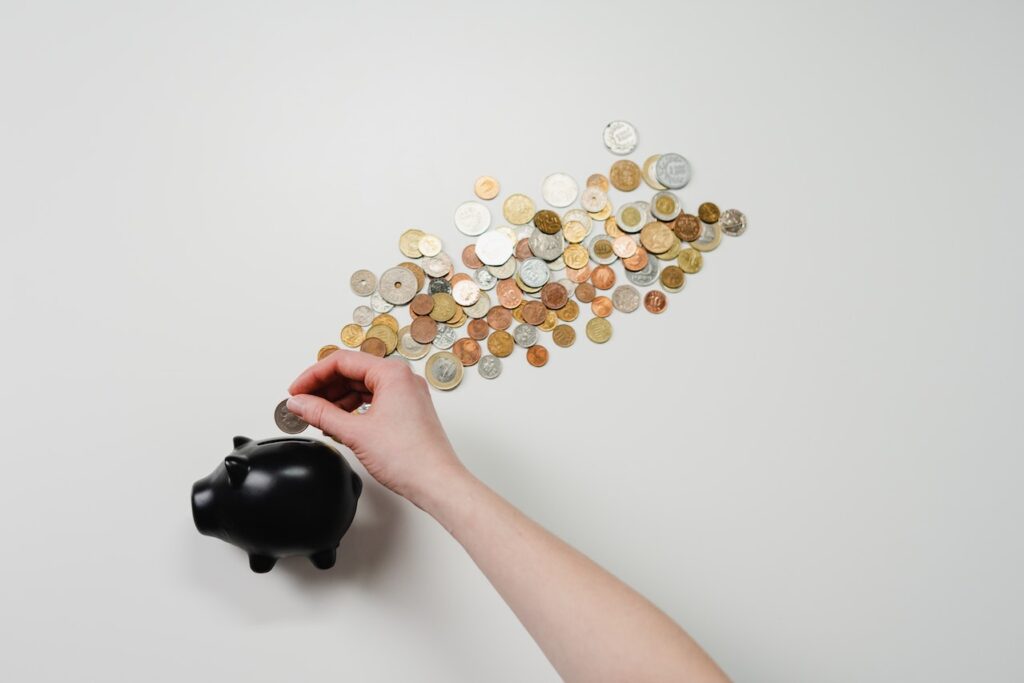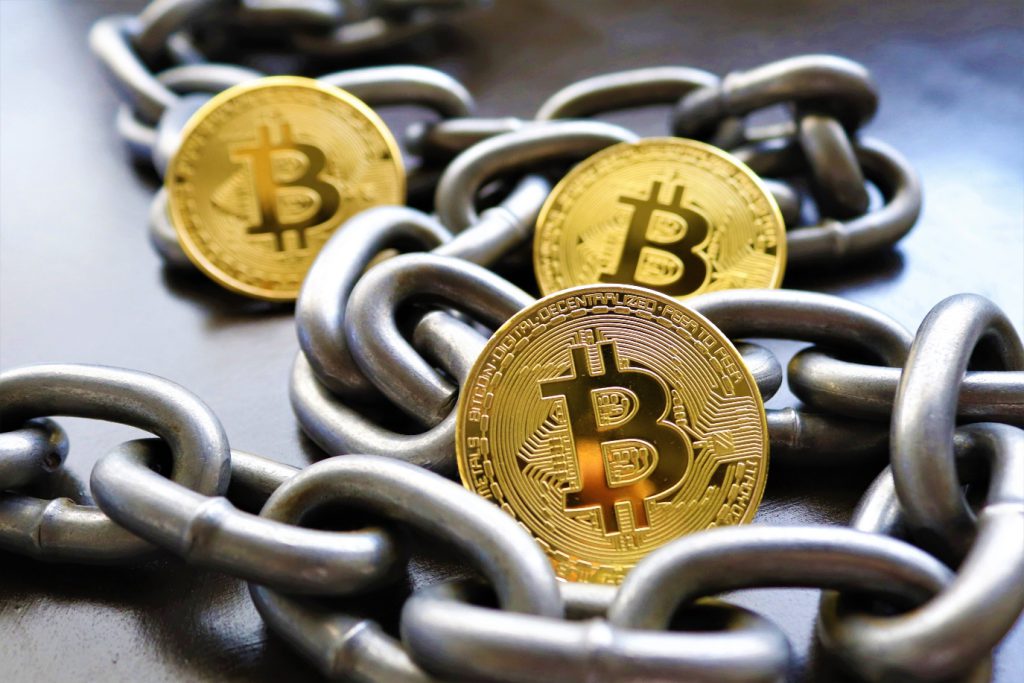A Crypto wallet is like a treasure chest, where you can store your Cryptocurrencies in a safe place. You can use some of them for spending, and others for investing. You can also store several of them at a time for longer term investment. The Cryptocurrency market cap has increased more than 2000% since last year. Millionaires are being created every day by investing in this exciting new form of currency.
Multiple layers of security
The best crypto wallets should offer multiple layers of security for the sensitive information stored on them. This includes user authentication, secure data storage, and local authentication. Many wallets do not include local authentication controls, which is a crucial part of crypto wallet security. Lack of controls in this area can lead to credential leaks and mnemonics.
The key to securing your crypto wallet is to create multiple backups. This way, if the wallet is lost, you’ll have multiple copies of your access keys. Additionally, you should use reputable wallet services with updated software. Other security measures include using long, complex passwords and two-factor authentication. Lastly, keep only a small amount of cryptocurrency in a hot wallet and the rest in cold storage.
The best crypto wallet security involves multiple layers of protection, which can help protect against a wide variety of threats. Moreover, a multilayered defense against cybercriminals provides redundancy, which is essential for today’s institutions. For instance, the use of a multi-layer security solution will provide additional protection from phishing attacks, ransomware, and malware.
Encryption
While crypto wallets don’t check for security on your device, you can protect your wallet from security risks by encrypting data before it’s stored. However, this method requires that you store your keys safely. It also depends on the security of the platform you’re using for your wallet. As more platforms become available, they may introduce more security issues.
Encryption is essential for any crypto wallet that stores private keys. These keys are complex letters that allow users to conduct crypto transactions. In addition, crypto wallets are non-custodial, which means that they don’t have a central governing authority. This makes them vulnerable to phishing attacks.
Some crypto wallets allow users to use a passphrase to ensure their privacy. The problem with this method is that it increases the complexity of the crypto wallet and its backups. If your passphrase is ever compromised, you could lose all of your crypto. You should carefully backup your passphrase with the same level of care as you do your seed phrase.
Physical access
Hardware crypto wallets, also known as cold storage wallets, are a great way to protect your private keys from theft. They connect to your computer through a USB port, and the private key never leaves the device. This means that your private key cannot be hacked or stolen, and it is protected from malware. These wallets also require you to approve all transactions made on the device. Some popular examples of hardware wallets are Trezor and KeepKey.
While hardware wallets use the latest security techniques, it is important to remember that you still own the private keys and must take care to keep them safe. Some hardware wallets connect via Bluetooth, which can allow unwanted parties to gain access to your private keys. Older methods of holding private keys include keys typed or written on paper (sometimes referred to as “paper wallets”) or QR codes. Paper wallets are also vulnerable to theft and can easily be lost or damaged. For these reasons, you should keep them in a safe or check on them on a regular basis.
Two-factor authentication
Two-factor authentication is a great way to protect your crypto wallet account from hackers and fraud. While this process can be complex, it provides an extra layer of security for your account. This type of security is also required for cryptocurrency exchanges, as they are not responsible for any fraud and do not offer any sort of recovery process for stolen funds.
Two-factor authentication for crypto wallets is becoming increasingly popular. The process of securing these wallets requires users to use two devices to access them. The second device is typically a mobile phone, which acts as an authenticator for the account. If a mobile device is lost or stolen, this can be a problem. Furthermore, the rise of cryptocurrency has led to a spike in cryptocurrency-related fraud.
Two-factor authentication uses QR codes, backup codes, or private keys. Just like a bank’s private key, these codes should never be shared with unauthorized individuals. Two-factor authentication is one of the best ways to protect your crypto wallet from fraud and identity theft.







Facebook Comments